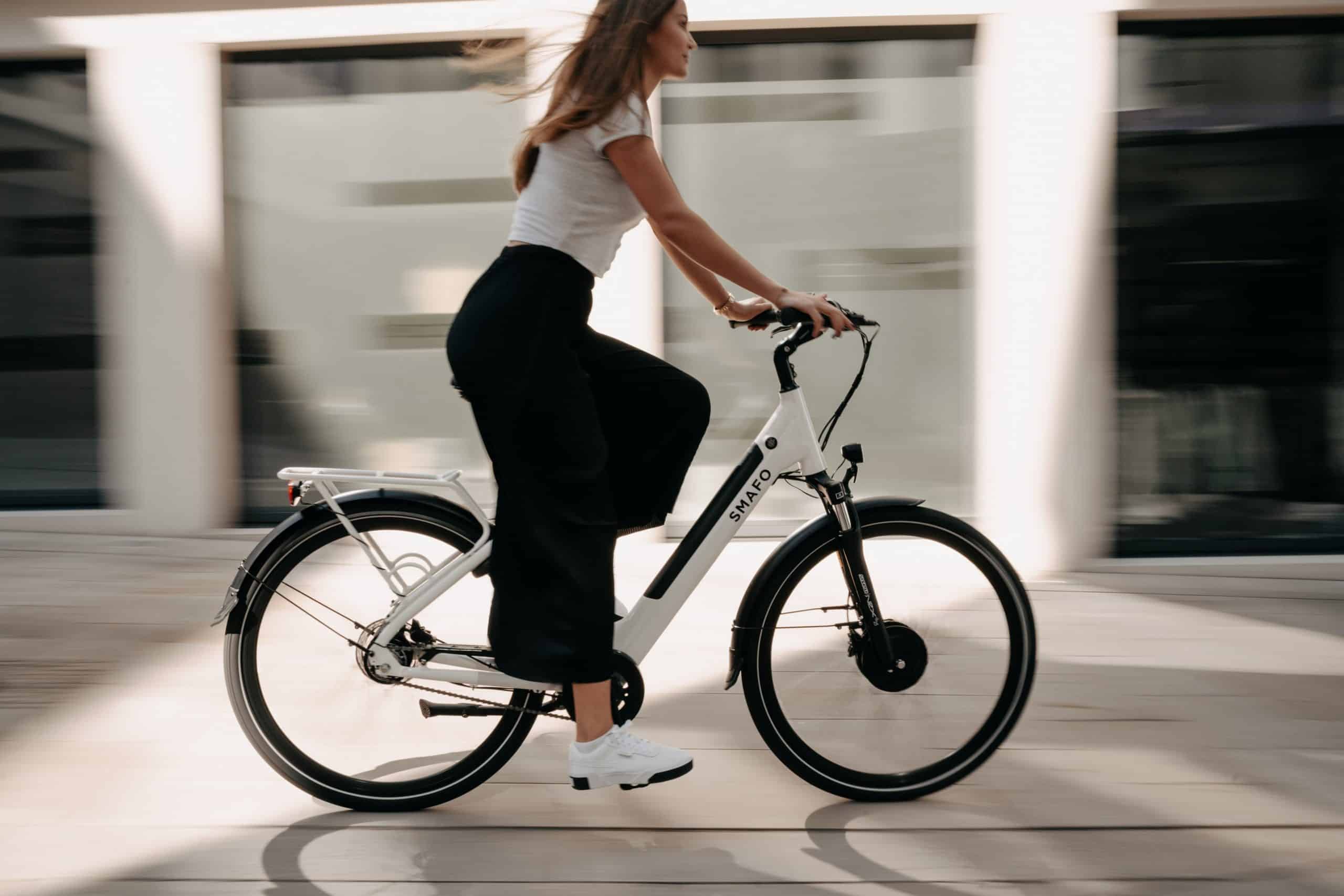Implement a Parking Cash-Out Scheme

You are paying your employees not to drive to work or reducing free park options at work. The truth about the matter is that parking is expensive for both commuters, employers and businesses alike. Even when you hear about accessible parking, it’s never actually free. Lots of maintenance goes on in the background that demands money, and who pays for it, and how does the money come about?
As opposed to what you may be thinking right now, this helps the employee reduce car usage. To begin with, free parking at work expands the number of vehicles driven to work by about a third, generally at peak hours which can lead to traffic clogging at the office.
Let me guess what you are thinking; how would that help your organization save money? We will explain that but firstly, what is a parking cash-out scheme.
What is a Parking Cash-out Scheme?
The parking cash-out scheme gives your employee, especially the commuters’ adaptability to pick between free parking and another advantage of equivalent worth. Commuters can proceed to drive and park at work for free, or they can take the money value of the parking subsidy and use it for anything they need, like putting it toward the lease of an apartment that’s closer to work or within trekking distance of work.
Hear us out…
Assuming an organization pays $5,000 per year to lease a parking spot for an employee. On the off chance that they offer the staff $200 per month as a cash-out, they will save half the initial price paid per year. This means they pay the team $2400 to not park instead of $5,000 paid to secure a parking spot per year.
Benefits of Parking Cash-Out Scheme
- Increased affordability, transportation choices and value for staff who utilizes alternative modes of transportation.
- Reduced peak-period automobile traffic, reducing congestion, road and parking facility savings, crash reductions and environmental improvements.
- Increased interest for elective modes of transport can prompt further developed transportation alternatives (expanded ridesharing, more travel service, bike and walkway improvements, and so on) because of economies of scale and expanded public support.
- Employee fulfilment. Staff have adulated such projects for their decency. It can assist with recruiting and retaining employees.
- Flexible critical thinking. Organizations can utilize this methodology to manage specific parking issues, to oblige developing demand, or make land presently used for parking accessible for other commitments.
- Increased tax revenue since taxable cash bonuses replaces tax-exempt parking subsidies.
In a better explanation, at the point when a worker cashes out a parking spot, the cash the business recently spent to lease the parking spot turns into the employee cash allowance, and the firm equals the initial investment. However, on the off chance that workers can pick between free parking and its monetary value, every individual who takes the money and quits driving will be in an ideal situation (or they wouldn’t choose the money). Indeed, even the excess independent drivers will be happy since parking cash-out decreases gridlock.
Parking cash-out also increases the portion of employees who carpool, take public transportation, walk, or ride a bicycle to work, reducing carbon emissions and improving air quality and traffic congestion. Be that as it may, it mainly benefits ladies, minorities, and low-pay employees, each of whom rideshare more habitually than a higher salaryman.
The Different Parking Cash-out Offerings
Parking cash-out schemes are not a one-size-fits-all arrangement. Contingent upon the size and phase of your organization, a few measures are more reasonable than others. Yet, we have listed a couple of top picks that you can consider in your cash-out offerings.
- Paying your staff to walk to work: Like we earlier mentioned, whether you decide to pay your team a different amount to walk based on the distance of their home to the office or applying a pay-to-walk on specific days a week, using these kinds of approaches leaves room for creative liberties.
- Buy a bicycle or motorcycle for your employee: Even though you will find many bike-share brands in the market, there’s never a guarantee that you will find a ride. Hence, buying your staff a bike, especially those who commit to biking to work, provides them with the means to get to work using a medium they appreciate.
- Cash bonuses: Who doesn’t love free money? Especially when you don’t have to sit in traffic. As an organization, you don’t have to spend exorbitantly, but as little as it may sound to you could mean a lot to your employees. A cash bonus to get your staff away from their cars gives them both money and helps them save as well; this is because they no longer have to pay for gas and stay stuck in traffic for hours while reducing wear and tear on their vehicles in the long run. It’s a win-win situation for everyone.
Hang on a moment, can the worker utilize the cash to pay for parking somewhere else?
The appropriate response here is that it depends.
A few organizations like to offer parking cash-outs on the premise that representatives don’t drive to work at all. In contrast, others are glad for workers to utilize the cash to park off-site. Possibly closer to a mode of public transport.
The Type Of Organizations That Should Have A Parking Cash-Out Scheme?
Cash-out schemes are becoming famous with an expansive scope of employees utilizing them. Nonetheless, they are general standards with companies that have a generously compensated and exceptionally educated labour force.
These representatives can be demanding, and generally, they anticipate parking as an advantage at work. For organizations to make advances in diminishing parking at work, they frequently need to present cash-out plans; this benefits vigorously boosting conduct change while helping the business save.
Rolling Out Parking Cash-Out Scheme In Your Organization
Before you roll out a parking cash-out scheme, you need to ask yourself the following question:
What kind of benefits are you considering, and how do you want to structure it? Is it a yearly, monthly, weekly or daily benefit?
Depending on whatever option best serves your company, there are many advantages to every choice. If you opt for a daily cash-out, there will be room for flexibility since there’s an understanding that although the employees need to drive their vehicles to work daily, the company will be looking to incentivize them to think about not driving to work instead if required.
However, if you go for the monthly or weekly option, you will pay attention to employees who have a seasonal business or personal needs. For example, an employee who has school-going children may decide to drive during the term because of the children. Still, during the holidays, they may opt to take other transport.
If you decide to go for the yearly option, this focuses on fixed behavioural change. The annual parking cash-out scheme incentivizes an employee to stop driving their vehicles to work for good.
Be that as it may, with our experience, we believe shorter-term options are best suited for companies with a high demand for parking spaces. On the other hand, the more extended option works best for organizations that want to save car parking money.
Guide to Implementing Parking Cash-out Scheme
To implement a parking cash-out scheme, you will regularly go through the accompanying steps:
- Take a look at the current parking conditions and strategies
The initial step for any business will be to inspect current parking conditions and advantages. The current understanding arrangement helps the company to foster the most suitable alternatives for their requirements.
It helps to recognize the expected expenses and cost investment funds of parking cash out and choose the staff benefits scheme that is generally useful to the employees and the company.
- How do you want to structure a program
The HR manager may want to meet with the other staff members and the management team to talk about the structure of the parking cash-out program. Whatever the decision is should be geared towards the company’s unique circumstances and existing parking provisions.
- Get permission from the management team
The management team will need to approve the new policy change and pass the information to all directors.
- Work with other team members to set up the proper payroll codes
You will need to set up a payroll system to account for any employee that elects to accept taxable cash in place of free parking. Whatever the employee decides to go for will determine the type of cash-out scheme to be implemented, the payroll system to be used and if payroll is outsourced.
- Create a process for the staff to choose their commuter benefit
You may consider setting up a selection process for the employee to choose their preferred commuter benefit; this depends on the commuter benefit to be implemented and the organizational considerations like the company size and the number of offices. You may decide to hand out forms to each employee to fill and submit to HR or carry out an election on the internet. It is also advisable to provide written information or guidelines about the scheme in the employee manual or benefit guide.
- Make the program public to every employee
At this point, the parking cash-out procedure should have been in place. It would be best if you started marketing it to employees. These are some ways to make sure employees know about the parking cashout and what’s in store for them:
- Advertisements in places seen frequently by employees (cafeteria, garage, elevators, etc.)
- Awards or prize drawings to recognize employees using transit or carpools
- Company newsletters
- Company orientation for new employees
- Company Website or intranet
- Distribution of program brochures
- Inserts to paychecks
- Special promotional days
- Voicemail or email broadcast
Since parking cash-out schemes are relatively new, people find it challenging to comprehend many things about them. Ensuring that the employee has the proper access to information to these enquiries will go a long way in helping them embrace the program.
Conclusion
Like we earlier mentioned, parking cash-out schemes are not a one-size-fits-all answer for employees; however, they are critical efforts organizations can make.
Paying representatives consistently to walk to work or repaying them for a bicycle is similarly compelling, as long as they made an effort. Getting workers to switch their driving habits is certainly not an overnight change, yet when the company makes sure the transition is more straightforward, you will make genuine progress.


